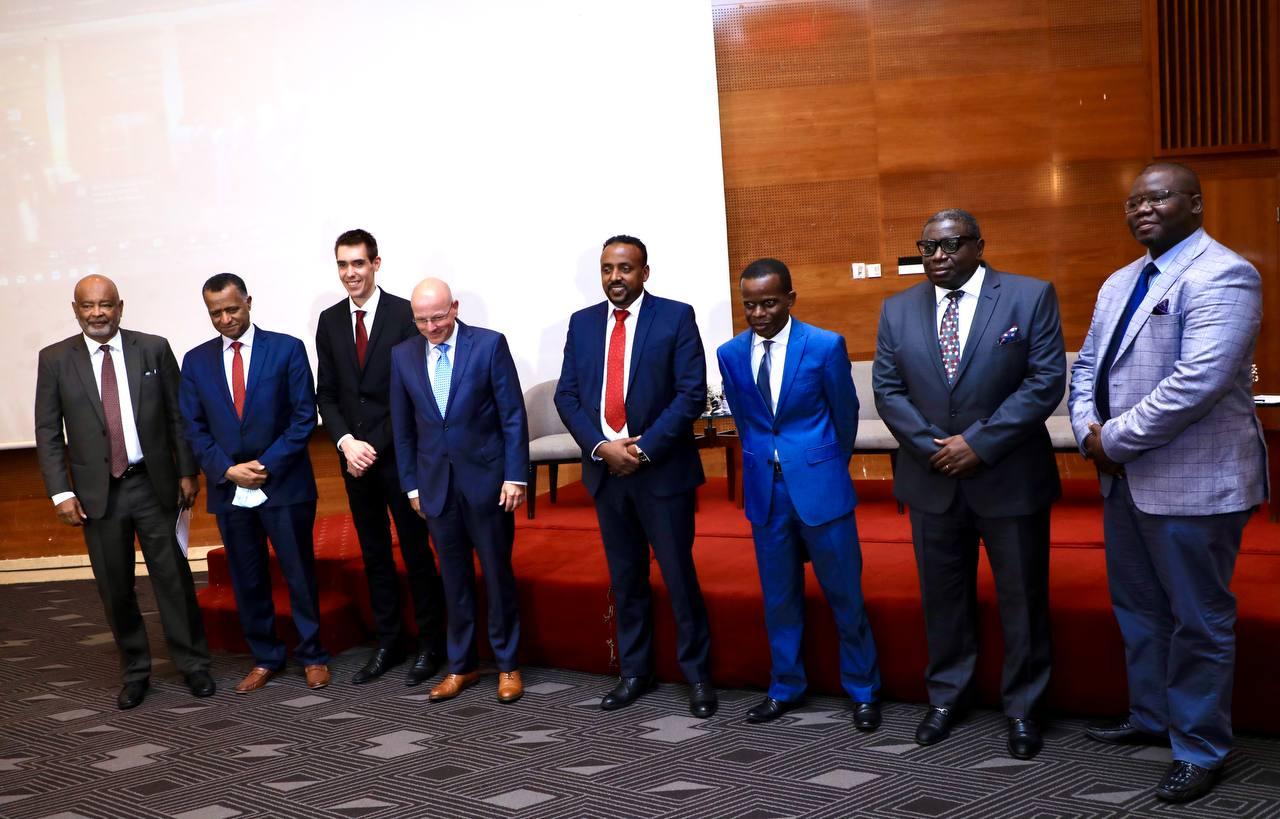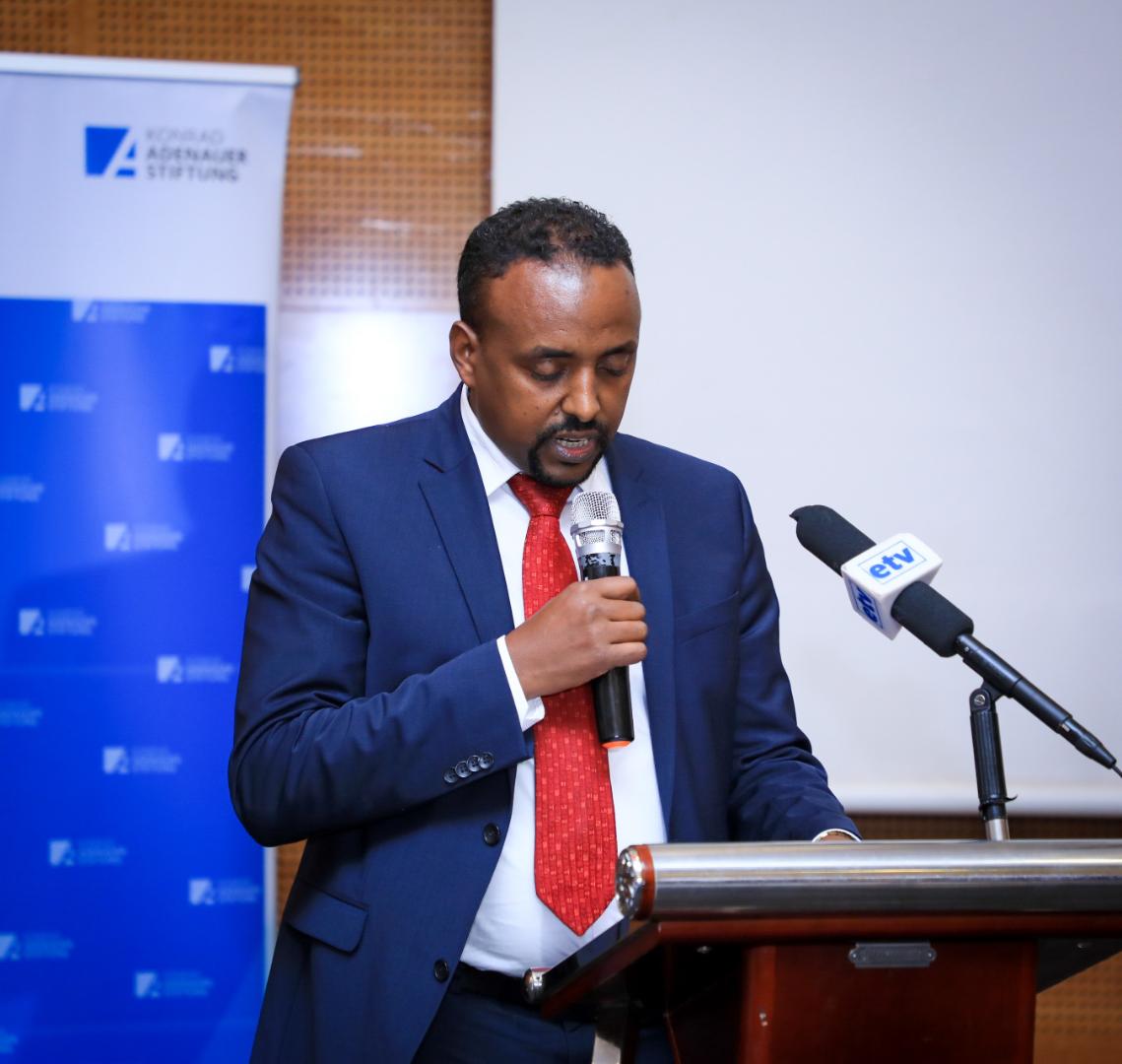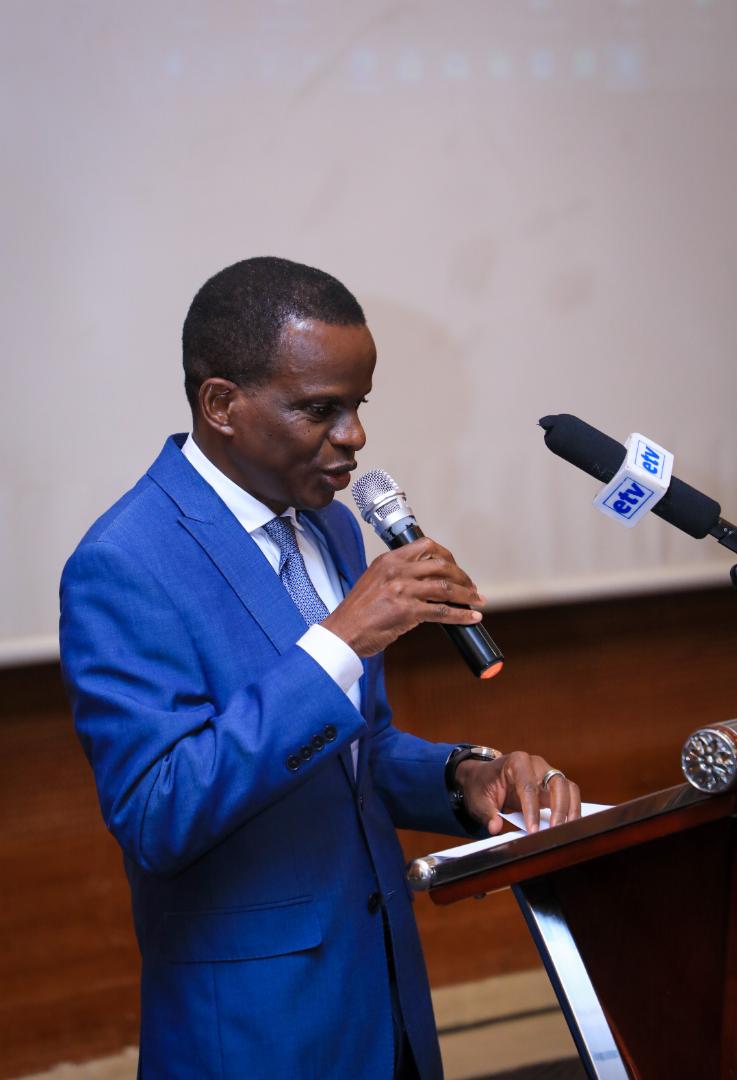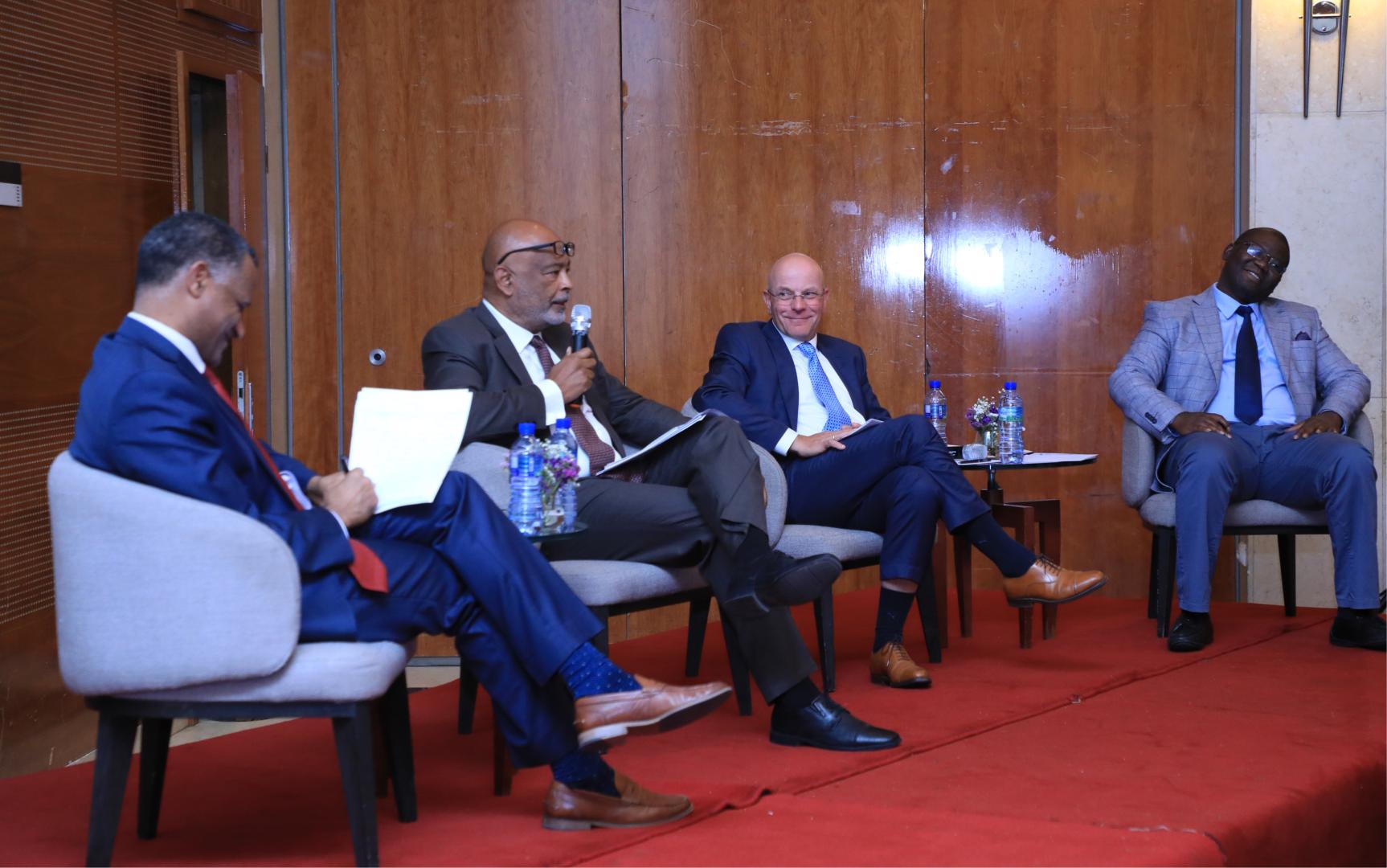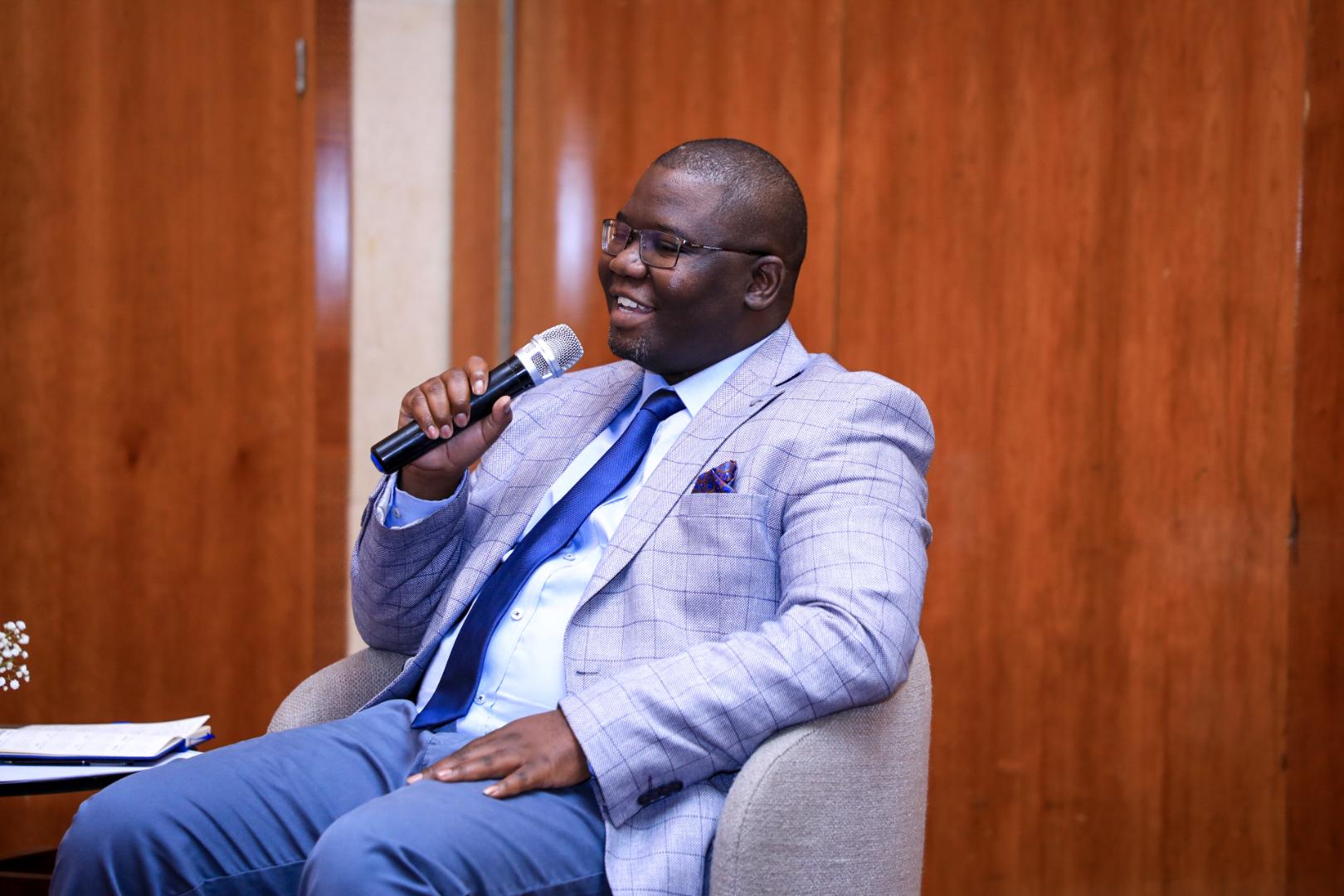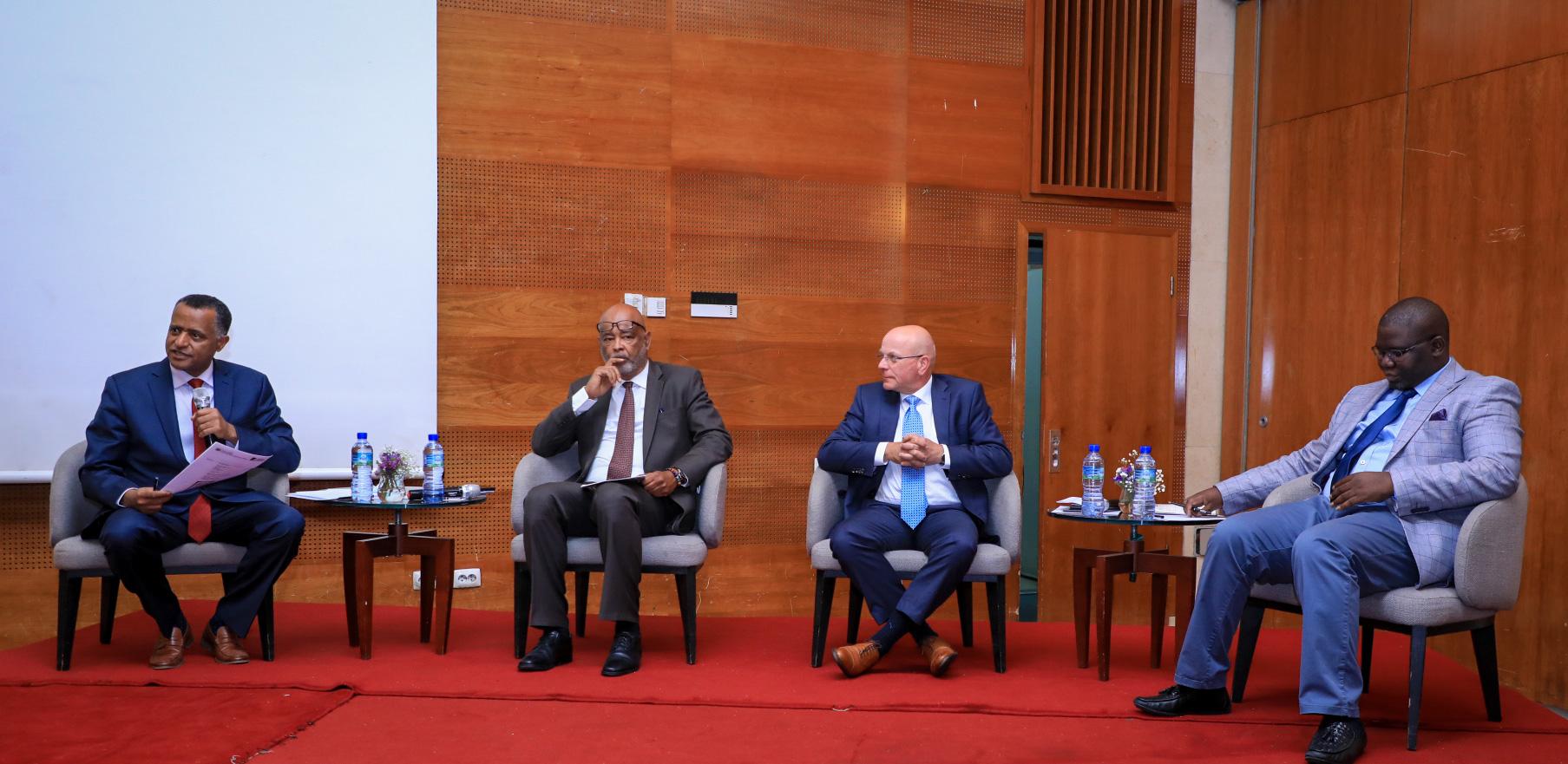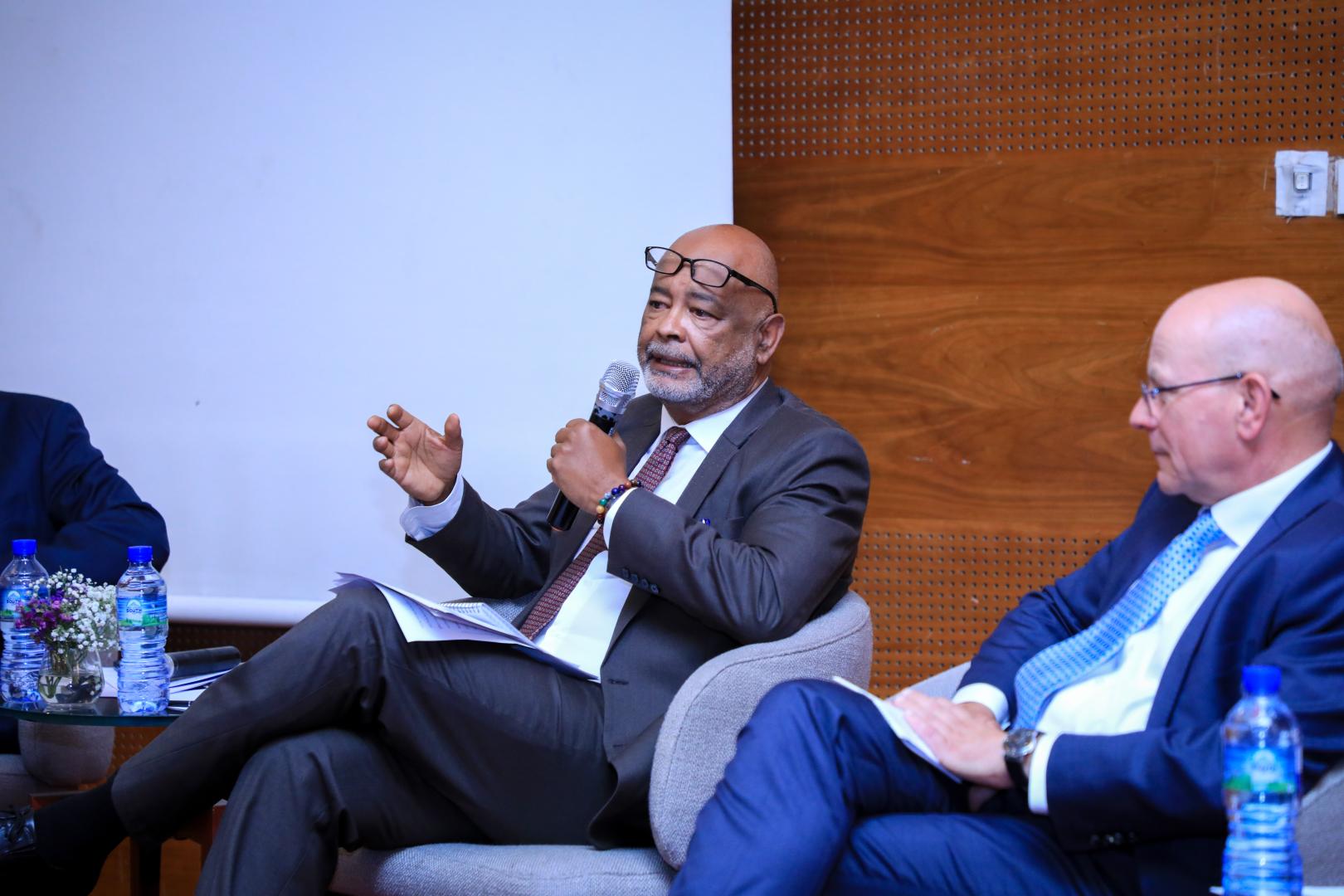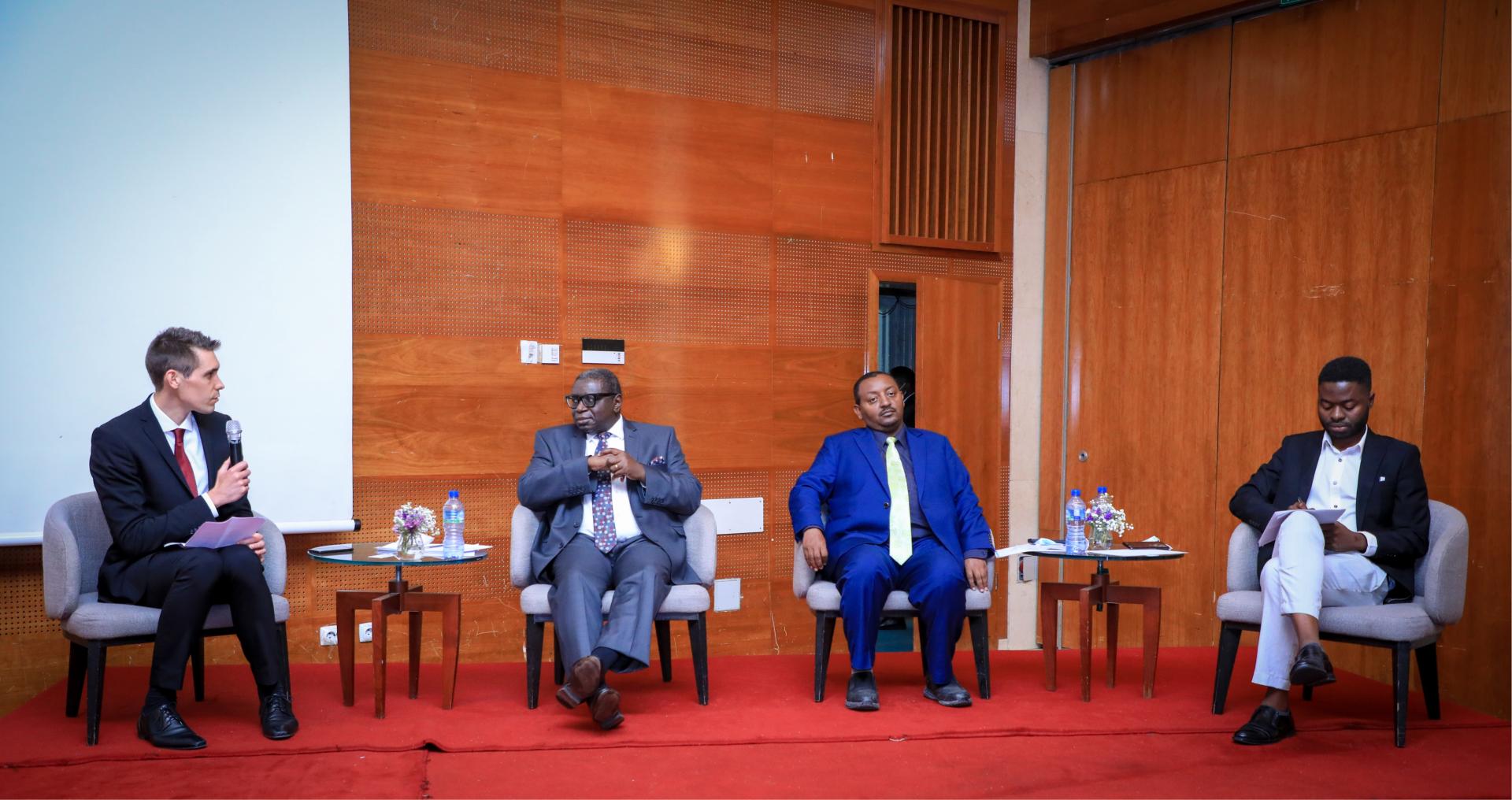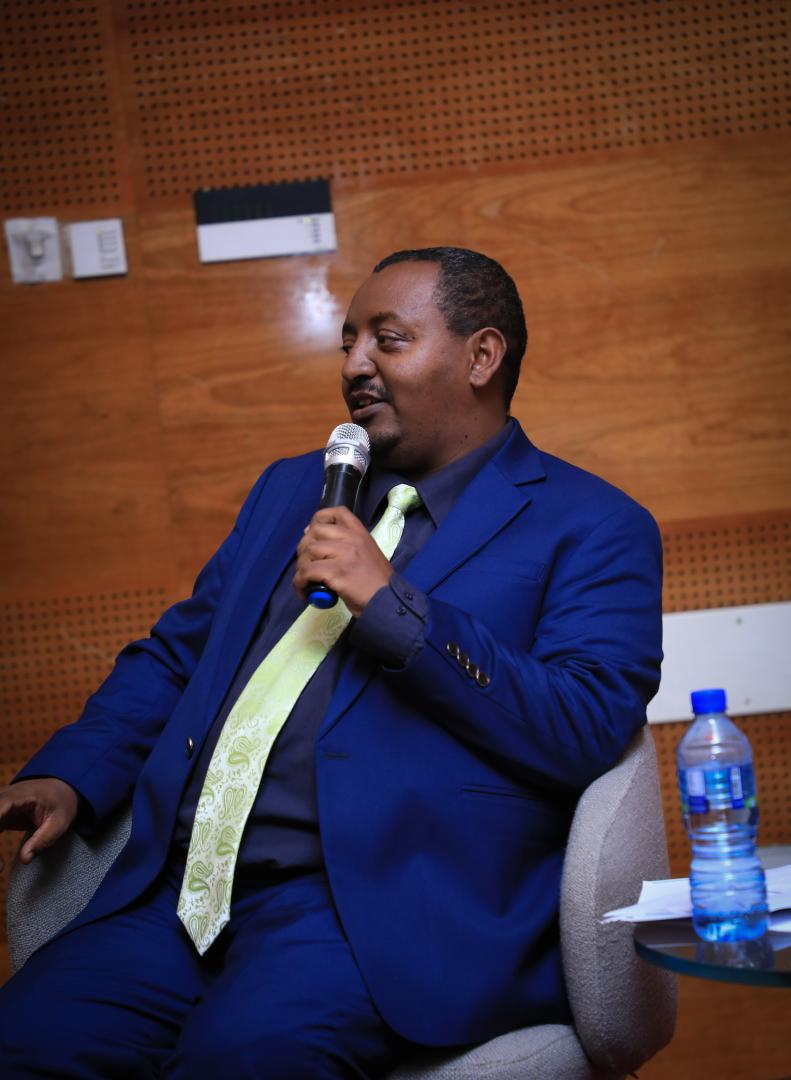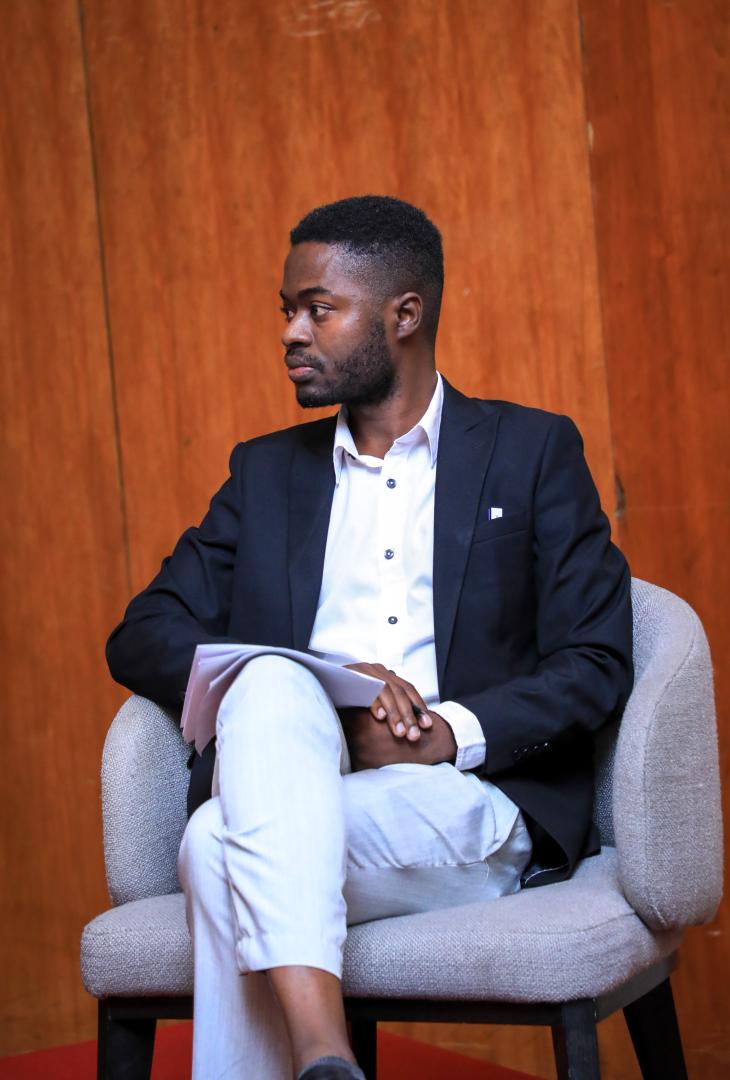The AfCFTA and the Private Sector. Realizing Africa's Full Potential.
An error occurred while processing the template.
The following has evaluated to null or missing:
==> data.meta [in template "252001#252047#252845" at line 459, column 10]
----
Tip: It's the step after the last dot that caused this error, not those before it.
----
Tip: If the failing expression is known to legally refer to something that's sometimes null or missing, either specify a default value like myOptionalVar!myDefault, or use <#if myOptionalVar??>when-present<#else>when-missing</#if>. (These only cover the last step of the expression; to cover the whole expression, use parenthesis: (myOptionalVar.foo)!myDefault, (myOptionalVar.foo)??
----
----
FTL stack trace ("~" means nesting-related):
- Failed at: #if data.meta.laufendenummer?has_cont... [in template "252001#252047#252845" at line 459, column 5]
----
1<#-- used @ Veranstaltung-Detailseite Intro
2 used @ Publikation-Detailseite Intro
3-->
4
5<#--
6Web content templates to display teaser on thema detail page
7
8Generic template for detail pages Intro / Teaser element
9-->
10<#--
11Display the current page title
12-->
13<#include "${fullTemplatesPath}/functions/relatedContentUtil.ftl" />
14<#include "${fullTemplatesPath}/macros/debugging.ftl" />
15
16<#include "${fullTemplatesPath}/macros/page-modules/PMIntro.ftl" />
17<#include "${fullTemplatesPath}/macros/atomic-modules/AMPublicationCarousel.ftl" />
18<#include "${fullTemplatesPath}/macros/atomic-modules/AMMetadata.ftl" />
19<#include "${fullTemplatesPath}/macros/atomic-modules/AMDatetime.ftl" />
20
21
22<#--
23 renders the Intro for nearly all Pages
24 TODO: remove Share? (was in the designs, but not anymore?)
25 TODO: check if languageSelect/filter are working (js)
26
27 - portletId
28 - data = {
29 "media": string (src from image),
30 "category": string,
31 "title": string,
32 "author": string,
33 "subheadline": string,
34 "copy": string,
35 "filter": {
36 "id": string,
37 "name": string,
38 "entries": Array<Object> ({key:value}),
39 },
40 "languageSelect": {
41 "id": string,
42 "name": string,
43 "entries": Array<Object> ({key:value}),
44 },
45 "meta": {
46 "pos"; string (top/bottom)
47 "date": string,
48 "hash": string,
49 "info": string, (url)
50 },
51 "share" : {
52 "login": string,
53 "print": string,
54 "mail": string,
55 "multishare": string?? (tbd)
56 }
57 - AMMetadata: macro
58 - position: String ("top") -> defines wether the meta-data should be rendered above or below the intro-content
59 }
60-->
61
62<#assign
63 JournalArticleLocalService = serviceLocator.findService("com.liferay.journal.service.JournalArticleLocalService")
64
65 ServiceContext = staticUtil["com.liferay.portal.kernel.service.ServiceContextThreadLocal"].getServiceContext()
66 DLAPP = serviceLocator.findService("com.liferay.document.library.kernel.service.DLAppLocalService")
67
68 themeDisplay = ServiceContext.getThemeDisplay()
69 editmode = FrontendService.user.isPrivilegedUser(themeDisplay)
70
71 languageId = themeDisplay.getLocale()
72 groupId = themeDisplay.getScopeGroupId()
73 currentUrl = themeDisplay.getURLCurrent()
74
75 layout = themeDisplay.getLayout()
76 layouttpl = layout.getTypeSettingsProperties().getProperty("layout-template-id")
77/>
78
79<#setting locale="${languageId}">
80
81<#-- get article from url -->
82
83<#assign entry = FrontendService.article.getArticleToUrl(currentUrl, groupId?number)! >
84
85
86<#if entry?has_content>
87
88 <#if entry.resourcePrimKey??>
89 <#assign primaryKey = entry.resourcePrimKey?number >
90 <#elseif entry.classPK??>
91 <#assign primaryKey = entry.classPK?number >
92 </#if>
93
94 <#assign
95 jsonString = FrontendService.article.getWebcontent(primaryKey)
96 json = FrontendService.json.parseAsJson(jsonString)
97
98 title = entry.getTitle(languageId)
99 data = {
100 "title": title
101 }
102 />
103 <@debugJsonString jsonString "ADT_KASDE_DYNAMIC_INTRO" />
104
105 <#if hasContent('untertitel', languageId, json)>
106 <#assign data = data + { "subheadline": getValueForLanguage('untertitel', languageId, json, "first") } >
107 </#if>
108
109 <#if hasContent('beschreibung', languageId, json)>
110 <#assign data = data + { "copy": getValueForLanguage('beschreibung', languageId, json, "first") } >
111 </#if>
112
113 <#-- fill meta data -->
114 <#assign meta = {} />
115
116 <#-- PUBLIKATIONEN DETAIL -->
117 <#if layouttpl?contains("LAYOUT_KASDE_PUBLIKATIONEN_DETAIL")>
118
119 <#if hasContent('coverDMTKASDEMEDIUM', languageId, json)>
120 <#assign
121 coverBildString = getValueForLanguage('coverDMTKASDEMEDIUM', languageId, json, "first")
122 />
123
124 <#if coverBildString?has_content>
125 <#assign
126 coverBild = FrontendService.json.parseAsJson(coverBildString)
127 dMTJsonObject = FrontendService.media.getDMTJsonObject( coverBild.groupId?number, coverBild.uuid, locale )
128 linkToDMT = FrontendService.media.getImageURLForAMConfiguration('hd-resolution',coverBild.groupId?number, coverBild.uuid )
129 data = data + { "media": linkToDMT, "meta" : dMTJsonObject }
130 />
131 <#if dMTJsonObject.altText?? >
132 <#assign data = data + {"alt" : dMTJsonObject.altText} />
133 </#if>
134 <#if dMTJsonObject.quelle??>
135 <#assign meta = meta + { "quelle": dMTJsonObject.quelle } />
136 </#if>
137 </#if>
138 <#-- uncomment to display pdf cover as Intro Image
139 <#elseif hasContent('document_pdfDMTBASICDOCUMENT', languageId, json)>
140 <#assign
141 pdfDocument = getValueForLanguage('document_pdfDMTBASICDOCUMENT', languageId, json, "first")
142 fileEntry = FrontendService.media.getFileEntry(pdfDocument.uuid, groupId?number)!/>
143 <#if fileEntry?has_content>
144 <#assign
145 linkToThumbnail = FrontendService.link.getThumbnailSrc(fileEntry , themeDisplay)
146 data = data + { "media": linkToThumbnail }
147 />
148 </#if>
149 -->
150 </#if>
151
152 <#assign
153 meta = meta + { "orderInfo": "true" }
154 verbundJournalArticle = FrontendService.publication.getVerbundToPublikation( entry )!""
155 />
156
157
158
159 <#if hasContent('erscheinungsdatum', languageId, json)>
160 <#assign
161 erscheinungsdatum = getValueForLanguage('erscheinungsdatum', languageId, json, "first")
162 />
163 <#if erscheinungsdatum?has_content >
164 <#assign
165 erscheinungsdatumFormatted = FrontendService.date.getDateFormatLong( erscheinungsdatum, languageId )
166 meta = meta + { "date": erscheinungsdatumFormatted }
167 />
168 </#if>
169 </#if>
170
171 <#if verbundJournalArticle?has_content>
172 <#assign
173 verbundJsonString = FrontendService.article.getWebcontent(verbundJournalArticle.resourcePrimKey)
174 verbundJson = FrontendService.json.parseAsJson(verbundJsonString)
175 laufendenummer = getValueForLanguage('laufendenummer', languageId, verbundJson, "first")
176 coverImg = getValueForLanguage('mediumDMTKASDEMEDIUM', languageId, verbundJson, "first")
177 />
178 <@debugJsonString verbundJsonString "ADT_KASDE_DYNAMIC_INTRO-verbundJournalArticle" />
179 <#assign meta = meta + { "laufendenummer": laufendenummer } >
180
181 <#if coverImg?has_content && coverImg.url?has_content >
182 <#assign meta = meta + { "coverImg": coverImg.url } >
183 </#if>
184 </#if>
185
186
187 <#if meta?has_content>
188 <#assign data = data + {"meta": meta } >
189 </#if>
190
191 </#if>
192 <#-- PUBLIKATIONEN DETAIL END -->
193
194
195 <#-- VERANSTALTUNGEN DETAIL -->
196 <#if layouttpl?contains("LAYOUT_KASDE_VERANSTALTUNGEN_DETAIL")>
197 <#assign
198 friendlyUrl = FrontendService.article.getFriendlyUrl(primaryKey, languageId, groupId)!""
199 languages = entry.getAvailableLanguageIds()
200 links = []
201 />
202 <#if languages?has_content && friendlyUrl?has_content>
203 <#if (languages?size > 1) >
204 <#list languages as language>
205 <#assign
206 defaultLanguage = "de_DE"
207 defaultLocale = FrontendService.language.getLocaleByKey(defaultLanguage)
208 linkLocale = (FrontendService.language.getLocaleByKey(language))!defaultLocale
209 langFriendlyUrl = FrontendService.article.getFriendlyUrl(primaryKey, linkLocale, groupId)
210
211 link = {
212 "key": language!defaultLanguage,
213 "value": linkLocale.getDisplayLanguage(languageId),
214 "url": "/c/portal/update_language?p_l_id=" +
215 layout.plid + "&redirect=" + langFriendlyUrl +
216 "&languageId=" + language
217 }
218 />
219 <#if language == languageId>
220 <#assign link = link + { "selected": "true" } >
221 </#if>
222 <#assign links = links + [link]>
223 </#list>
224 <#assign
225 data = data + {
226 "languageSelect": {
227 "id": "languageSelectRedirect",
228 "name": "languageselectRedirect",
229 "entries": links,
230 "label": languageUtil.get(languageId, "diese.veranstaltung.ist.in.weiteren.sprachen.verfuegbar")
231 }
232 }
233 />
234 </#if>
235 </#if>
236 </#if>
237
238 <#if hasContent('erscheinungsdatum', languageId, json)>
239 <#assign
240 startdate = getValueForLanguage('erscheinungsdatum', languageId, json, "first")
241 meta = meta + { "start": startdate?date.iso, "end": "" }
242 />
243 </#if>
244
245 <#if hasContent('startdatum', languageId, json)>
246 <#assign
247 startdate = getValueForLanguage('startdatum', languageId, json, "first")
248 meta = meta + { "start": startdate?date.iso, "end": "" }
249 />
250 </#if>
251
252 <#if hasValue('einfuehrungText', locale, json)>
253 <#assign data = data + { "einfuehrungText" : getValueForLanguage('einfuehrungText', locale, json, "first") } >
254 <#elseif hasValue(FrontendService.article.getFieldNameByReferenceName(primaryKey, 'einfuehrungText'), locale, json, "first")>
255 <#assign data = data + { "einfuehrungText" : getValueForLanguage(FrontendService.article.getFieldNameByReferenceName(primaryKey, 'einfuehrungText'), locale, json, "first") } >
256 </#if>
257
258 <#if hasContent('endedatum', languageId, json)>
259 <#assign
260 enddate = getValueForLanguage('endedatum', languageId, json, "first")
261 meta = meta + { "end": enddate?date.iso }
262 />
263 </#if>
264
265 <#if hasContent('startzeit', languageId, json)>
266 <#assign
267 startzeit = getValueForLanguage('startzeit', languageId, json, "first")
268 />
269 <#if startzeit?has_content >
270 <#assign meta = meta + { "startzeit": startzeit } />
271 </#if>
272 </#if>
273
274 <#if hasContent('endezeit', languageId, json)>
275 <#assign
276 endezeit = getValueForLanguage('endezeit', languageId, json, "first")
277 meta = meta + { "endezeit": endezeit }
278 />
279 </#if>
280
281 <#if hasContent('ortWCSKASDEORT', languageId, json)>
282 <#assign
283 ortWCSKASDEORT = FrontendService.json.parseAsJson(getValueForLanguage('ortWCSKASDEORT', languageId, json, "first"))
284 ortWCSKASDEORTPrimaryKey = ortWCSKASDEORT.classPK?number
285 ortWCSKASDEORTWebContent = FrontendService.article.getWebcontentByPk(ortWCSKASDEORTPrimaryKey)!""
286 />
287 <#if ortWCSKASDEORTWebContent?has_content >
288 <#assign
289 ortWCSKASDEORTTitle = ortWCSKASDEORTWebContent.getTitle(languageId)!""
290 />
291 <#if ortWCSKASDEORTTitle?has_content >
292 <#assign
293 meta = meta + { "ortWCSKASDEORT": ortWCSKASDEORTTitle }
294 />
295 </#if>
296 </#if>
297 </#if>
298
299
300 <#if hasContent('veranstaltungsnummer', languageId, json)>
301 <#assign
302 verauuid = getValueForLanguage('veranstaltungsnummer', languageId, json, "first")
303 meta = meta + { "verauuid": verauuid }
304 />
305 </#if>
306
307
308 <#if (data.meta)?has_content >
309 <#assign meta = data.meta />
310 </#if>
311
312 <#if !(data.media)?has_content && hasContent('mediumDMTKASDEMEDIUM', languageId, json)>
313 <#assign
314 medium = getValueForLanguage('mediumDMTKASDEMEDIUM', languageId, json, "first")
315 mediaData = getRelatedMediaObject(medium, themeDisplay, languageId, FrontendService, "hd-resolution")
316 />
317 <#assign data = data + { "media": mediaData.url , "meta" : mediaData.meta} >
318
319
320 <#if mediaData.meta?? && mediaData.meta.quelle??>
321 <#assign meta = meta + data.meta + { "quelle": mediaData.meta.quelle } />
322 </#if>
323 </#if>
324
325
326 <#if meta?has_content>
327 <#assign data = data + {"meta": meta } >
328 </#if>
329
330 <#-- END fill meta data -->
331
332 <#if hasContentForSequence('autorenWCSKASDEPERSON', languageId, json)>
333 <#assign
334 journalArticles = getValueForLanguageAnsprechpartner('autorenWCSKASDEPERSON', languageId, json)
335 authors = []
336 />
337 <#list journalArticles as articleString>
338 <#assign article = FrontendService.json.parseAsJson(articleString) />
339 <#if article?has_content && article?is_hash && article.classPK??>
340 <#assign articleDereferenced = FrontendService.person.resolveContactInstanceToPerson(article, languageId)!"" />
341 <#if articleDereferenced?has_content >
342 <#assign
343 author = ""
344 articlePrimaryKey = articleDereferenced.classPK?number
345 articleJsonString = FrontendService.article.getWebcontent(articlePrimaryKey)
346 articleJson = FrontendService.json.parseAsJson(articleJsonString)
347 />
348 <@debugJsonString articleJsonString "ADT_KASDE_DYNAMIC_INTRO-autorenWCSKASDEPERSON" />
349 <#if hasValue('anredetitel', languageId, articleJson)>
350 <#assign author = author + getValueForLanguage('anredetitel', languageId, articleJson, " ") + " ">
351 </#if>
352 <#if hasValue('vorname', languageId, articleJson)>
353 <#assign author = author + getValueForLanguage('vorname', languageId, articleJson, " ") + " ">
354 </#if>
355 <#if hasValue('nachname', languageId, articleJson)>
356 <#assign author = author + getValueForLanguage('nachname', languageId, articleJson, " ") + " ">
357 </#if>
358
359 <#attempt>
360 <#assign href = FrontendService.article.getFriendlyUrl(articlePrimaryKey, languageId, groupId)!"#" >
361 <#recover>
362 <#assign href = "#" >
363 </#attempt>
364 <#if href?has_content && href != "#" && href != "/_404">
365 <#assign author = '<a href="' + href + '">' + author?trim + '</a>'>
366 </#if>
367
368 <#assign authors = authors + [author?trim]>
369 </#if>
370 </#if>
371 </#list>
372 <#if authors?has_content>
373 <#assign data = data + { "author": authors?join(", ") } >
374 </#if>
375 </#if>
376
377 <#if layouttpl?contains("LAYOUT_KASDE_VERANSTALTUNGEN_DETAIL") >
378 <#assign categories = FrontendService.category.getCategoriesToArticle(primaryKey, "VERANSTALTUNGSTYP")! >
379 <#if categories?has_content && categories[0]?has_content >
380 <#assign data = data + { "category": categories[0].getTitle(languageId,true)! } >
381 </#if>
382
383 <#if hasContent('ausgebucht', languageId, json)>
384 <#assign data = data + { "ausgebucht" : getValueForLanguage('ausgebucht', languageId, json, "first") }>
385 </#if>
386
387 <#if hasContent('storniert', languageId, json)>
388 <#assign data = data + { "storniert" : getValueForLanguage('storniert', languageId, json, "first") }>
389 </#if>
390
391 <#elseif layouttpl?contains("LAYOUT_KASDE_PUBLIKATIONEN_DETAIL") >
392 <#assign categories = FrontendService.category.getCategoriesToArticle(primaryKey, "PUBLIKATIONSREIHE")! >
393 <#if categories?has_content && categories[0]?has_content >
394 <#assign data = data + { "category": categories[0].getTitle(languageId,true)! } >
395 </#if>
396 <#else>
397 <#assign categories = FrontendService.category.getCategoriesToArticle(primaryKey, "THEMA")! >
398 <#if categories?has_content && categories[0]?has_content >
399 <#assign data = data + { "category": categories[0].getTitle(languageId,true)! } >
400 </#if>
401 </#if>
402
403
404 <#assign
405 languages = []
406 />
407
408 <#attempt>
409 <#if json["document_pdfDMTBASICDOCUMENT"]?? >
410 <#list json["document_pdfDMTBASICDOCUMENT"]?keys as pdf_language>
411 <#if pdf_language?has_content >
412 <#assign
413 docRefJson = getValueForLanguage('document_pdfDMTBASICDOCUMENT', pdf_language, json, "first")
414 docRef = FrontendService.json.parseAsJson(docRefJson)
415 />
416 <#if docRef?is_hash && pdf_language != languageId >
417 <#assign
418 lang = FrontendService.language.getLocaleByKey(pdf_language)!""
419 docGroupId = docRef["groupId"]?number
420 docUuid = docRef["uuid"]
421 dMTJsonObject = FrontendService.media.getDMTJsonObject( docGroupId, docUuid, locale )
422 dMTLink = FrontendService.media.getLinkToDMT( dMTJsonObject )
423 />
424 <#if lang?has_content>
425 <#assign
426 languages = languages + [
427 {
428 "key": pdf_language,
429 "value": FrontendService.language.getLocaleByKey(pdf_language).getDisplayLanguage(),
430 "url": dMTLink
431 }]
432 />
433 </#if>
434 </#if>
435 </#if>
436 </#list>
437 </#if>
438 <#recover>
439 </#attempt>
440
441 <#if (languages?size > 0)>
442 <#attempt>
443 <#assign
444 data = data + { "languageSelect": {
445 "id": "languageSelect",
446 "name": "languageselect",
447 "entries": languages,
448 "documents": "",
449 "button": "true"
450 }}
451 />
452 <#recover>
453 </#attempt>
454 </#if>
455
456 <@PMIntro "ADT_KASDE_DYNAMIC_INTRO" data AMMetadata AMDatetime "bottom" />
457 ${FrontendService.article.getEditArticleHtml(primaryKey, themeDisplay)}
458
459 <#if data.meta.laufendenummer?has_content !isACColorScheme() && !isVLCColorScheme() && !isDPMColorScheme()>
460 <div>
461 <div id="publicationVerbundPagination">
462 <@AMPublicationCarousel data.meta.laufendenummer data.meta.date data.meta.coverImg />
463 </div>
464 </div>
465 </#if>
466
467<#elseif (editmode?? && editmode)>
468 <@errorMessage languageUtil.get(locale, "kein.journalArticle.gefunden") "ADT_KASDE_DYNAMIC_INTRO" layouttpl currentUrl />
469</#if>



